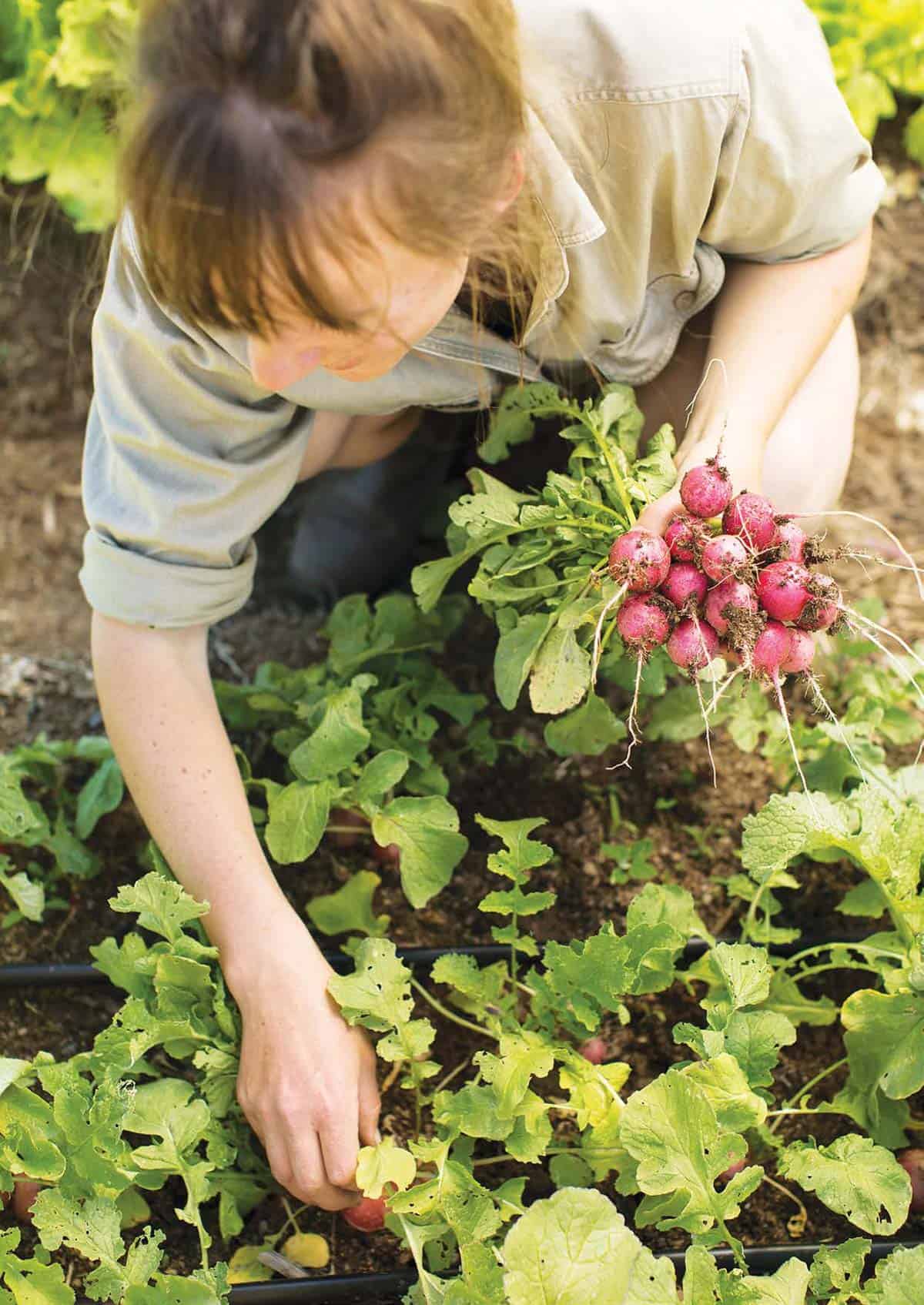Practising crop rotation when growing annual vegetables not only increases long-term yield, it preserves the fertility of your soil while deterring pests and diseases.
We can’t treat annual vegetable plants like perennials because they grow in a completely different way. Perennials are longer-lived and send their roots down deeper to access more water and nutrients. Generally slow feeders, perennials use only moderate amounts of nutrients to drive equally moderate rates of growth.
Annual plants, which have less than a year to complete their life cycle from seed to seed-bearing plant, are much shorter lived. Most have 80 percent of their roots in the first 30 centimetres of soil, so they can’t reach very deep for nutrients or water. They compensate by having extremely rapid growth rates and have high nutrient demands to fuel that growth.

